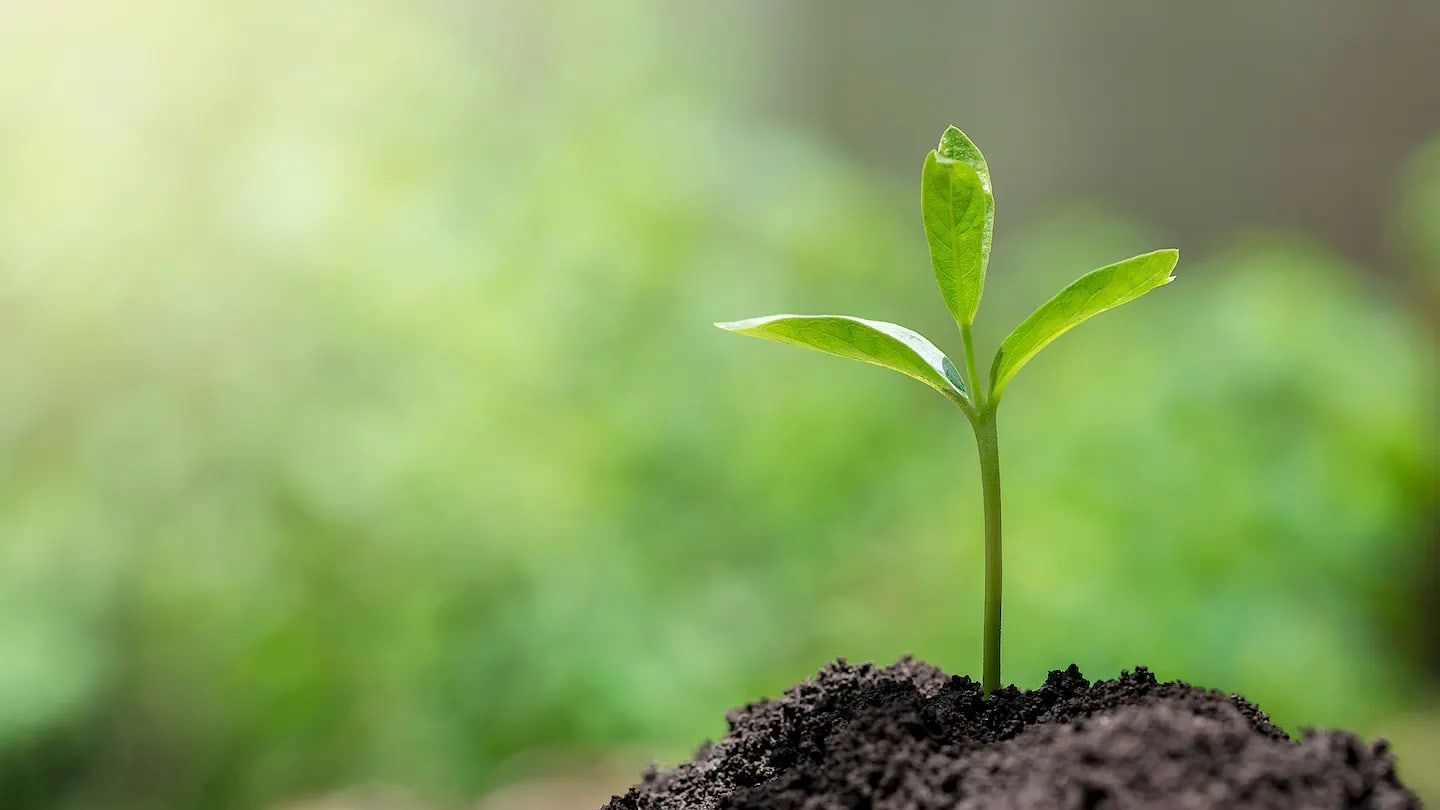

We produce our own solar energy for self-consumption, by means of 400 photovoltaic panels with 200 kWp of power.
114tReduced CO2 emissions per year
We provide a charging area for electric vehicles for the company, employees, customers and visitors.
2tReduced CO2 emissions per car/year
We manufacture with sustainable raw materials, turning waste into biomass for energy reuse.
8tReduced CO2 emissions per year
We reduce our carbon footprint by planting trees and reforesting areas at risk of desertification.
11tReduced CO2 emissions per year
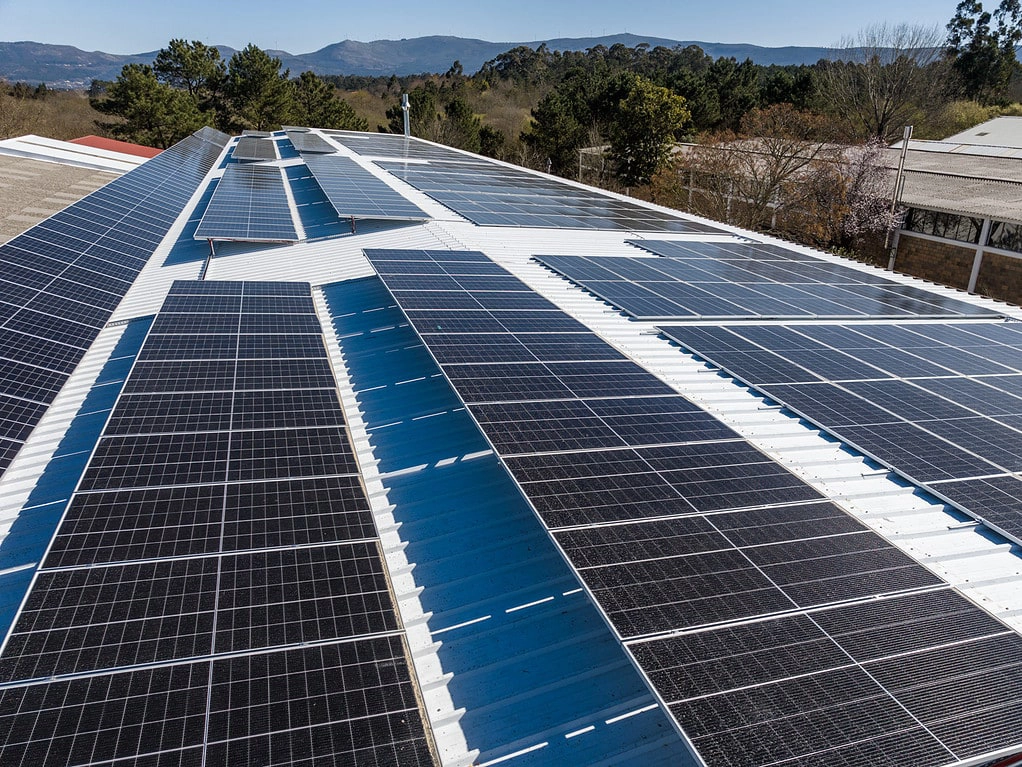
We produce more than 75 per cent of the energy we consume through 400 photovoltaic panels, with a total power of around 200 kWp. rusticasa® thus guarantees an important part of its energy autonomy by using renewable energies, not only by producing solar energy on a self-consumption basis, but also by injecting surplus energy not consumed during idle hours into the grid and by purchasing additional ‘green’ energy. In this way, we have achieved a significant reduction in CO2 emissions estimated at 114 tonnes per year, which represents more than 84% of the company's total CO2 emission reductions.
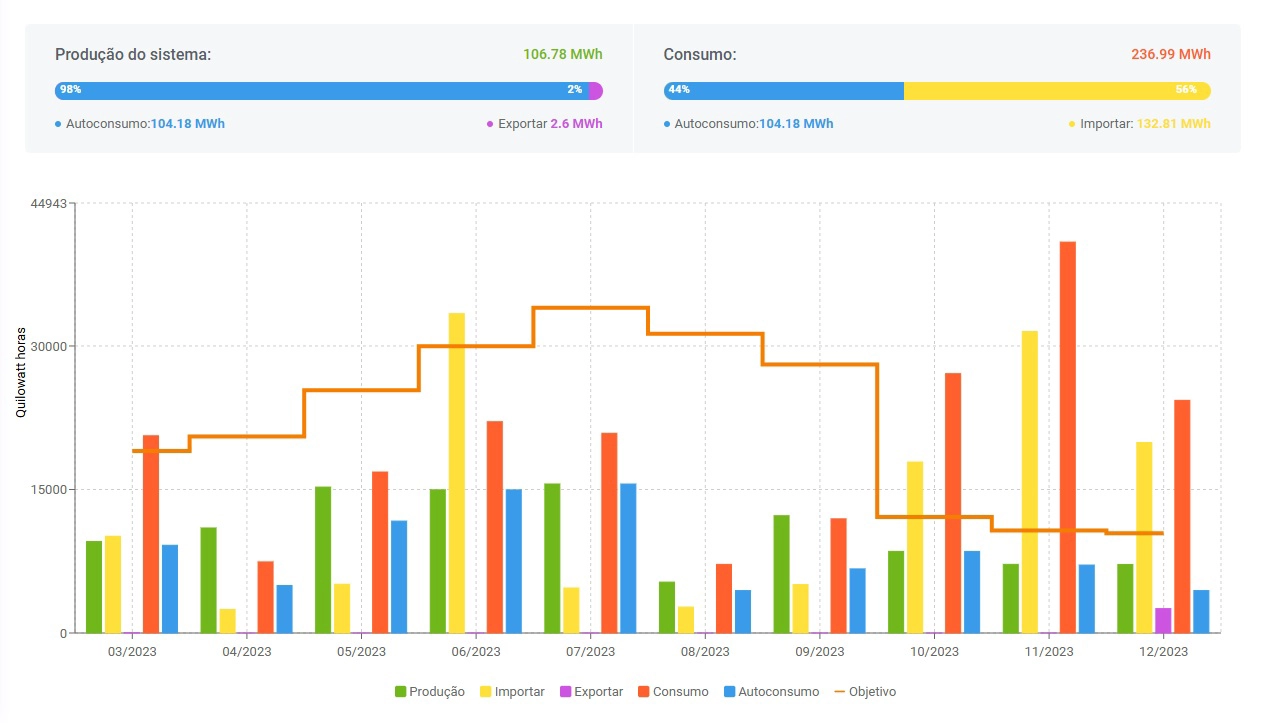
The environmental impacts associated with the process of operating solar energy are practically zero. The technology used for the production of solar energy has the longest life span of any other type of energy production, which makes it much more sustainable.
Furthermore, the production carried out by solar panels does not emit polluting gases, such as carbon dioxide (CO2) or any other type of gas that causes the greenhouse effect, for example. For the maintenance of the system, it is not necessary to use water and the energy consumption for maintenance is very low.
In this way, the environmental gains resulting from the production of photovoltaic energy are superior to any other renewable energy source, even considering the environmental impact of the production of the solar panels which is compensated after the first year of use.

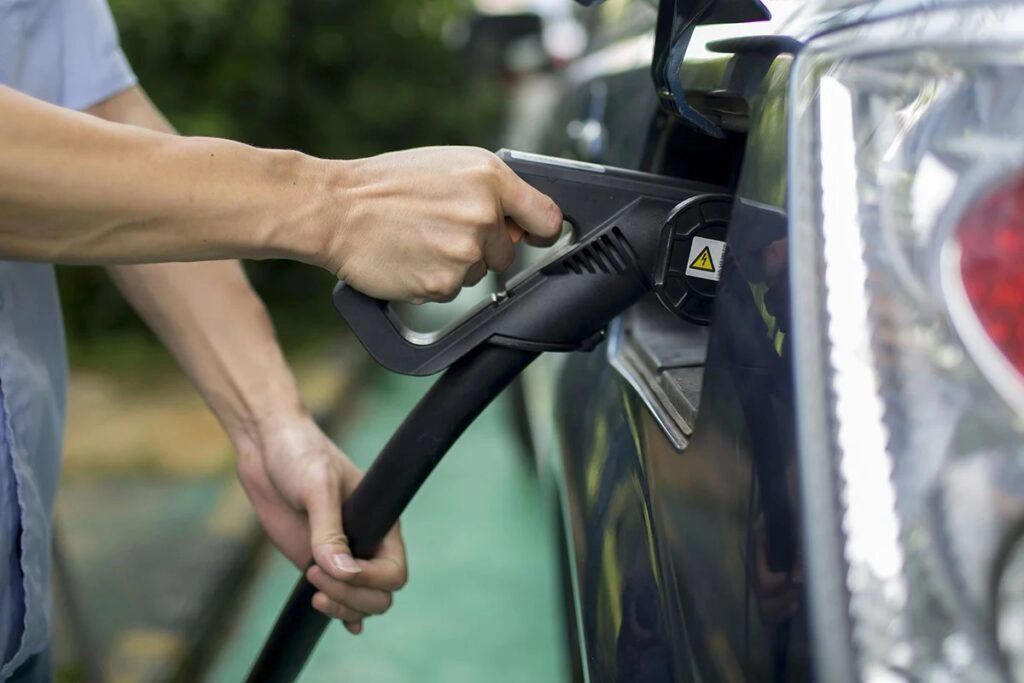
Electric mobility in Portugal is growing fast and is expected to increase significantly in the coming years. There are many advantages to the growth of electric mobility, including decarbonising the economy, reducing energy dependency, reducing the ecological footprint and noise, and increasing the energy efficiency of transport.
At rusticasa® we are committed to using electricity produced from renewable sources as the main vector for reducing our carbon footprint. This naturally includes the transition from combustion vehicles to electric vehicles.
Thus, we provide a charging area for the electric vehicles of the company, its employees, customers and visitors, of free use through a Smart Mobility application. Each kilometre travelled by an electric car avoids the emission of 134.35 grams of CO2 into the atmosphere, compared with the same journey made with a combustion vehicle. This means that, on average, each electric car avoids the emission of 2 tonnes of CO2 net into the atmosphere per year. This figure includes the emissions associated with the manufacture of the batteries. According to the study “Cleaner Cars from Cradle to Grave”, conducted in 2015 by UCS (Union of Concerned Scientists), the emissions associated with the manufacture of these batteries are offset during the first year or 15,000 kilometres of driving of an electric car.
In addition, we replace internal combustion material handling vehicles with electric counterbalanced forklift trucks. Compared to internal combustion forklift trucks (diesel or gas/petrol), electric ones have similar operating performances, but are noiseless and generally smaller in size. The big difference is in the CO2 emissions they emit, contributing to the protection of the environment.
Furthermore, with electric forklifts, the noise level is reduced, allowing easier communication and less operator fatigue. When a gas or LPG powered forklift truck is used inside, emissions are produced that can be harmful to employees and products if not properly treated. Electric forklift trucks do not generate any CO2 emissions. This helps to keep employees healthy and reduce the impact of indoor emissions.
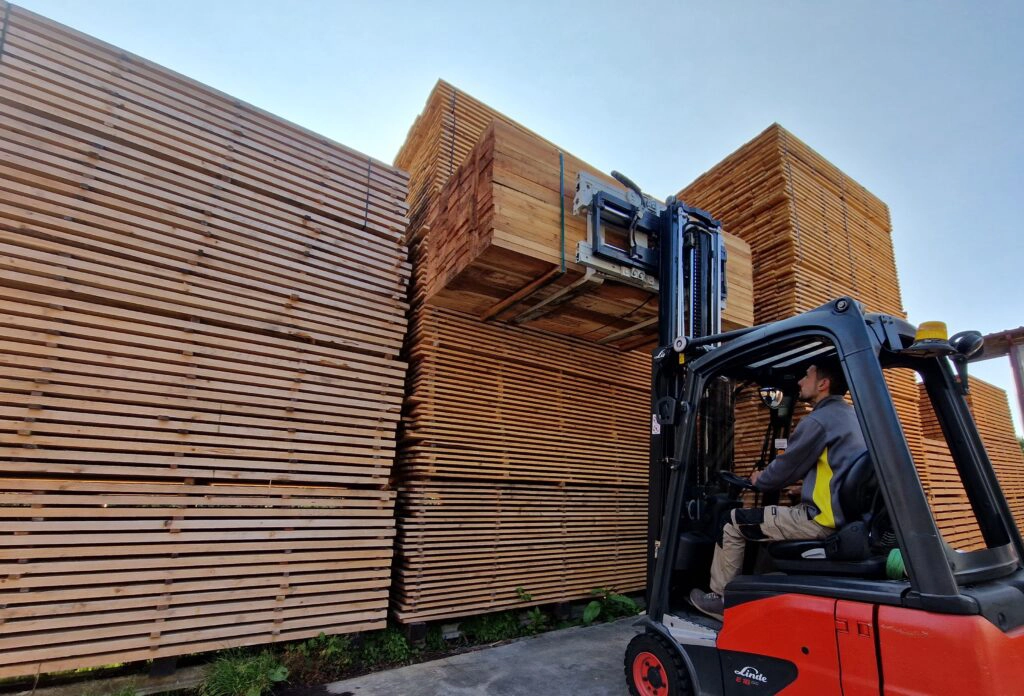

Every year 2.5 billion tonnes of waste is produced in the European Union (EU). The EU is currently updating its waste management legislation to promote the shift from a linear to a circular economy.
But what do we mean when we mention circular economy? What are the reasons and advantages of such a shift?
The circular economy is a model of production and consumption that involves sharing, renting, reusing, repairing, refurbishing and recycling existing materials and products as long as possible. In this way, the life cycle of products is extended.
In practice, the circular economy involves reducing waste or residues to a minimum. When a product reaches the end of its life cycle, its materials are kept within the economy wherever possible through recycling. They can then be used again and again, creating more value. The circular economy contrasts with the traditional, linear economic model based on the ‘produce-use-dispose’ principle. This model requires vast amounts of cheap and easily accessible materials and a lot of energy.
rusticasa® is constantly seeking ways to minimize the environmental impact of its industrial activity. For that, we adopt strategies that follow the principles of circular economy, aiming the environment preservation and the responsible use of natural resources.
rusticasa® uses certified wood in its productive processes, assuring the origin and sustainability of its raw material. Besides, the company reduces the production cycles to the maximum through prefabrication, reducing the amount of waste and the energy spent.
We value the residues that are transformed into biomass, used as calorific energy necessary for drying the wood itself, as well as for heating the installations, in order to guarantee the thermal conditions indispensable for the production process, generating savings and contributing to the environment. The reuse of leftovers and packaging is adopted in the production or allocated to other works. The remanufacturing of wood for other purposes and the recycling of materials at the end of their useful life are measures that considerably minimise the environmental impact of the production processes.
rusticasa® is a responsible company which always tries to maximize the usefulness of the materials used, making them more sustainable and promoting the efficiency and the responsible use of the natural resources.
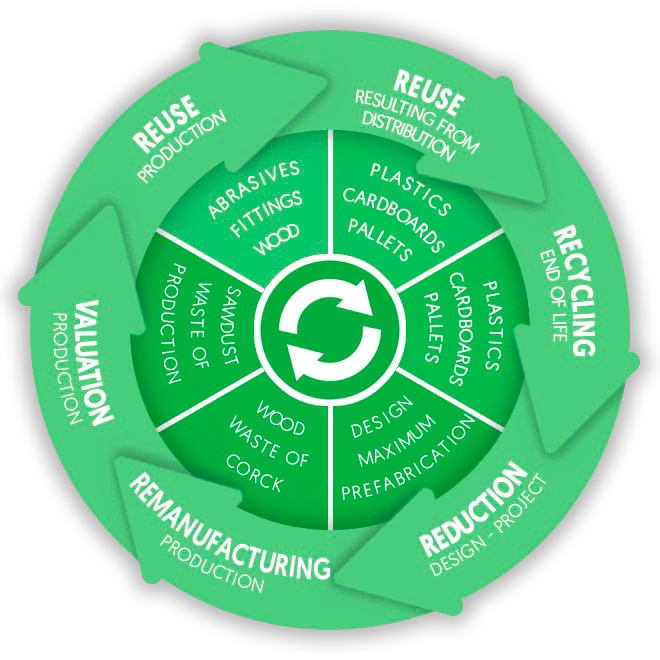
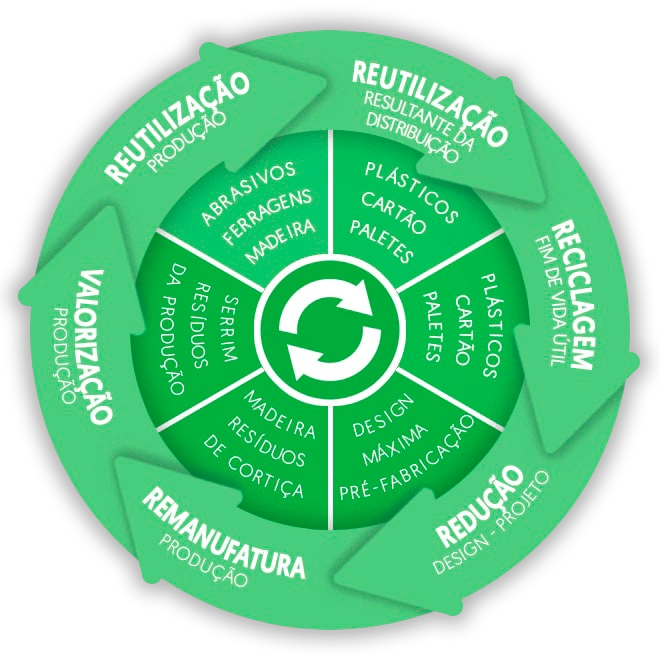
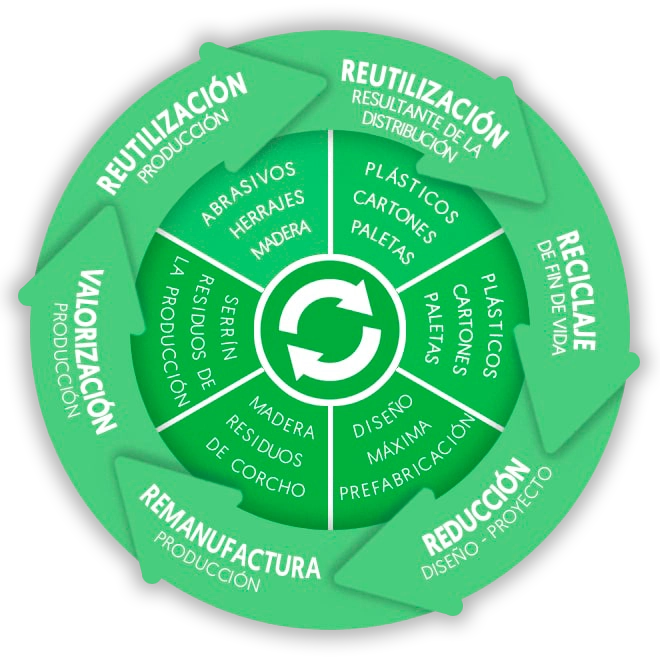
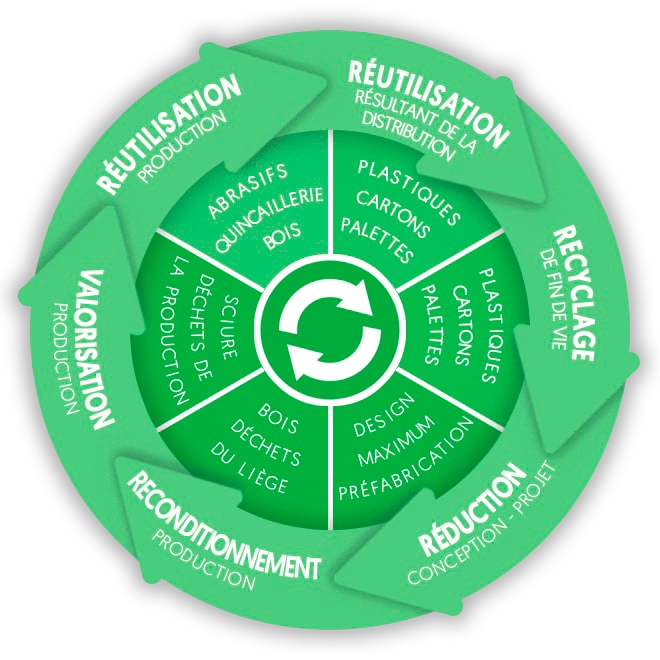
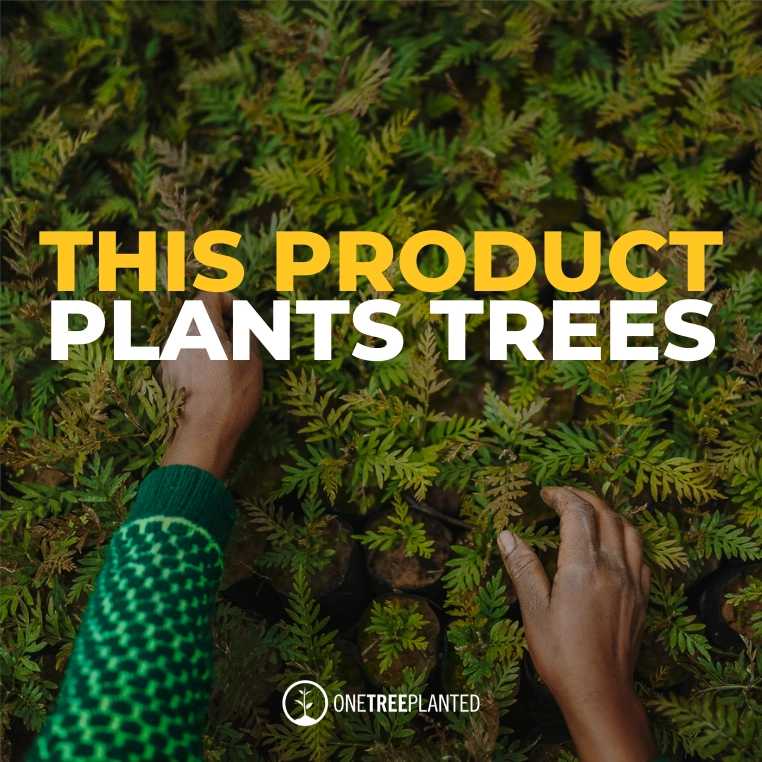
In 2020, rusticasa® joined the community of partners of the non-governmental organisation One Tree Planted.
As an environmental charity, One Tree Planted is committed to making it easier for individuals and businesses to give back to the environment, create a healthier climate, protect biodiversity and help reforestation efforts around the world, including Portugal. All this by planting trees!
Founded in 2014, One Tree Planted has doubled the number of trees planted year on year. Today, the organisation works with reforestation partners around the world who help put trees in the ground to restore forests after fires and floods, create jobs, build communities and protect habitat for biodiversity.
52,793,657 trees were planted in 2022, and more than 44 million are already confirmed to be planted in 2023!
rusticasa® is a company committed to sustainability that uses certified wood in its production processes. This certification guarantees that the wood comes from sustainably managed forests, with respect for the environment and the lives of the workers involved in the production chain.
The use of certified wood is an important measure for preserving forests and promoting a responsible market. By guaranteeing that the wood used in its processes is sustainable, rusticasa® reaffirms its commitment to preserving the environment and assumes an important position in the sustainable construction sector.
In addition to guaranteeing the reforestation of logging areas through forest certification programmes, for every house built rusticasa® also contributes to planting trees in areas at risk of desertification. We thus establish the necessary link between forests and consumers. We also promote the decarbonisation of the planet, as each tree planted will absorb 10kg of CO2 per year. With 1100 trees planted in Portugal since 2020, we have accumulated a positive balance of 11 tonnes of CO2 removed from the atmosphere each year, which represents 8% of the total reductions in our CO2.

Use of cookies
Our website uses cookies to improve the browsing experience and for statistical purposes. For more information, please consult our Cookie Policy